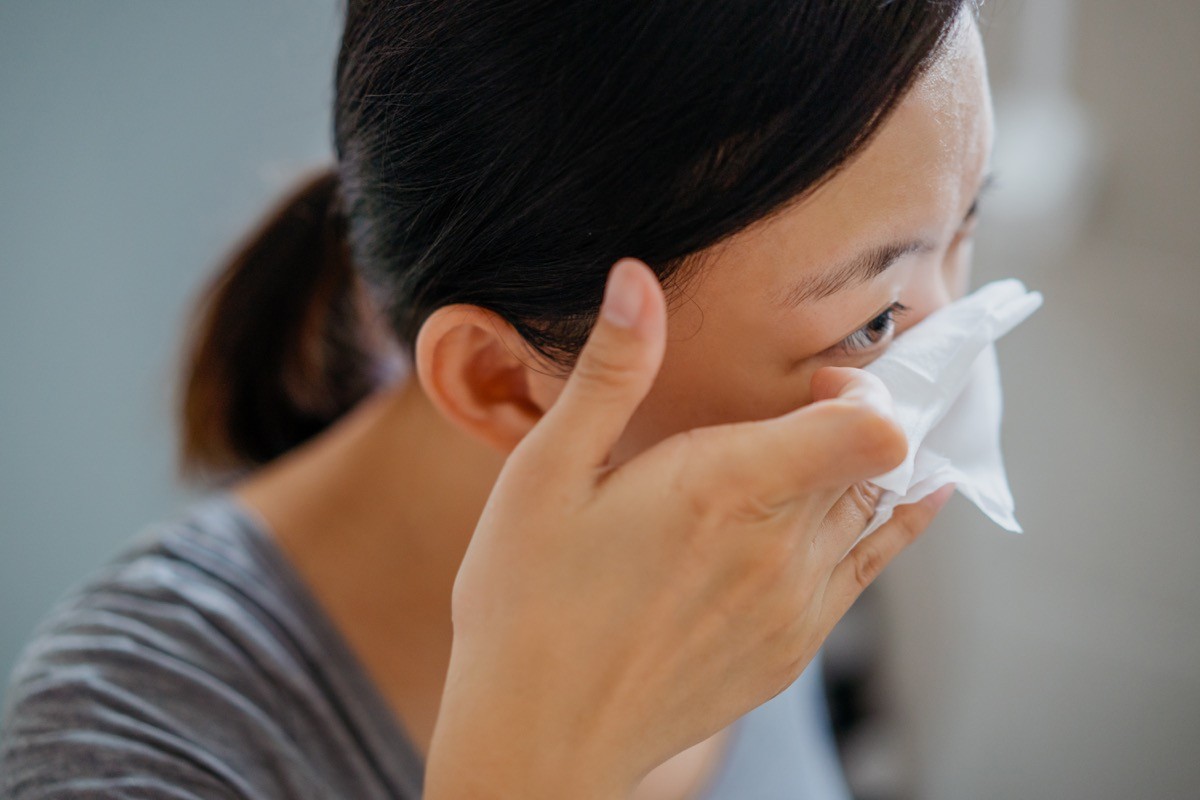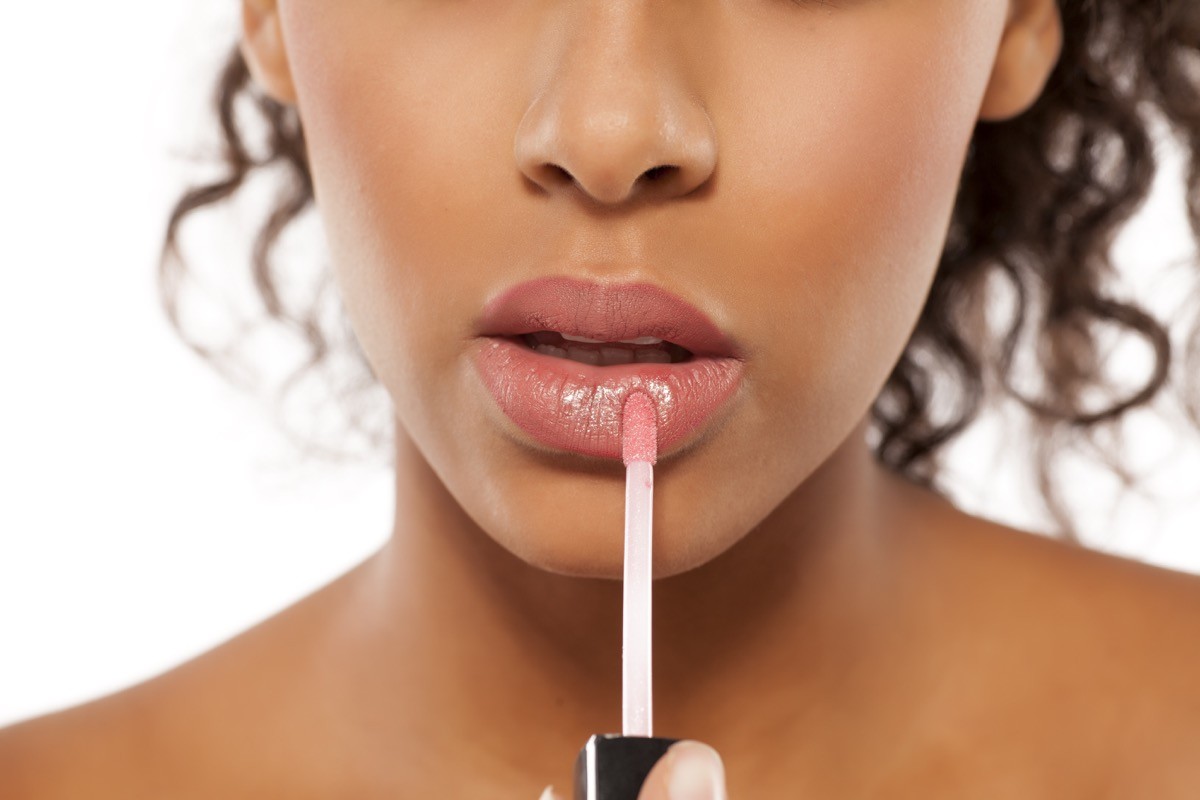3 Things I Would Never Put on My Skin As a Dermatologist

Building a beauty routine is no easy feat. As consumers, we are constantly inundated with new skincare and makeup trends, anti-aging products, formulas that target specific issues like hyperpigmentation and acne, and makeup products that also promise healthy benefits like hydrated skin. A downside to all of this is that it becomes especially challenging to weed out products and ingredients we shouldn’t use. But that’s where Harvard-trained dermatologist Neera Nathan, MD, steps in.
Nathan is a skin surgeon with over 484,500 followers on TikTok, where she provides insights into personal hygiene, skincare secrets (and mistakes!), acne hacks, and beauty products. In a recent clip, Nathan highlighted three things she would never put on her skin as a dermatologist—and you might be surprised by how common they are.
RELATED: Dermatologists Share the Best Drugstore Skincare Products: “Anything More Is Not Necessary.”
1. Makeup Remover Wipes

The first product is likely something you use regularly and have in your bathroom right now: makeup remover wipes. While helpful in removing stubborn mascara and layers of face serums, Nathan said makeup wipes “contain weird fragrances and irritants” that can cause more harm than good.
“Makeup wipes were so 2010,” she said, before explaining that “wiping your face over and over again is going to destroy your skin barrier.”
Instead, she recommends opting for micellar water, a gentle and moisturizing water-based solution for removing dirt, oils, and makeup. This is “literally a magnet for [removing] makeup or product,” she said. “All you need to do is gently press and voilà, your makeup is off!”
2. Brow Soap or Eyebrow Gel

Secondly, Nathan isn’t a fan of brow soaps or eyebrow gels.
“To keep my eyebrows thick and fluffy, I’m using minoxidil on a mascara spoolie two to three times per week and a little Vaseline to shape,” she told her followers.
According to Cleveland Clinic, minoxidil promotes hair growth and can help prevent hair loss. You may have heard of Rogaine, which is a popular brand name for the topical foam. And while it can be purchased over the counter, it might be best to speak with a dermatologist or healthcare expert before starting use.
RELATED 104-Year-Old Woman Reveals Her Anti-Aging Skincare Routine.
3. Lip Plumpers

You’ll also never catch Nathan using lip plumpers. These work similarly to injectables in that they give lips a fuller appearance. They can be a safer (and cheaper) alternative to lip filler, but that doesn’t exactly make them good for you, said Nathan.
“That tingly feeling is actually damaging your lips,” she warned. Expanding on its negative side effects, Nathan said lip plumpers could lead to hyperpigmentation and flaking around the mouth.
Luckily, there are other ways to achieve fuller, bigger lips without damaging your skin. Nathan recommended applying a little hyaluronic acid on damp lips to get an instantly plumped look without irritation.